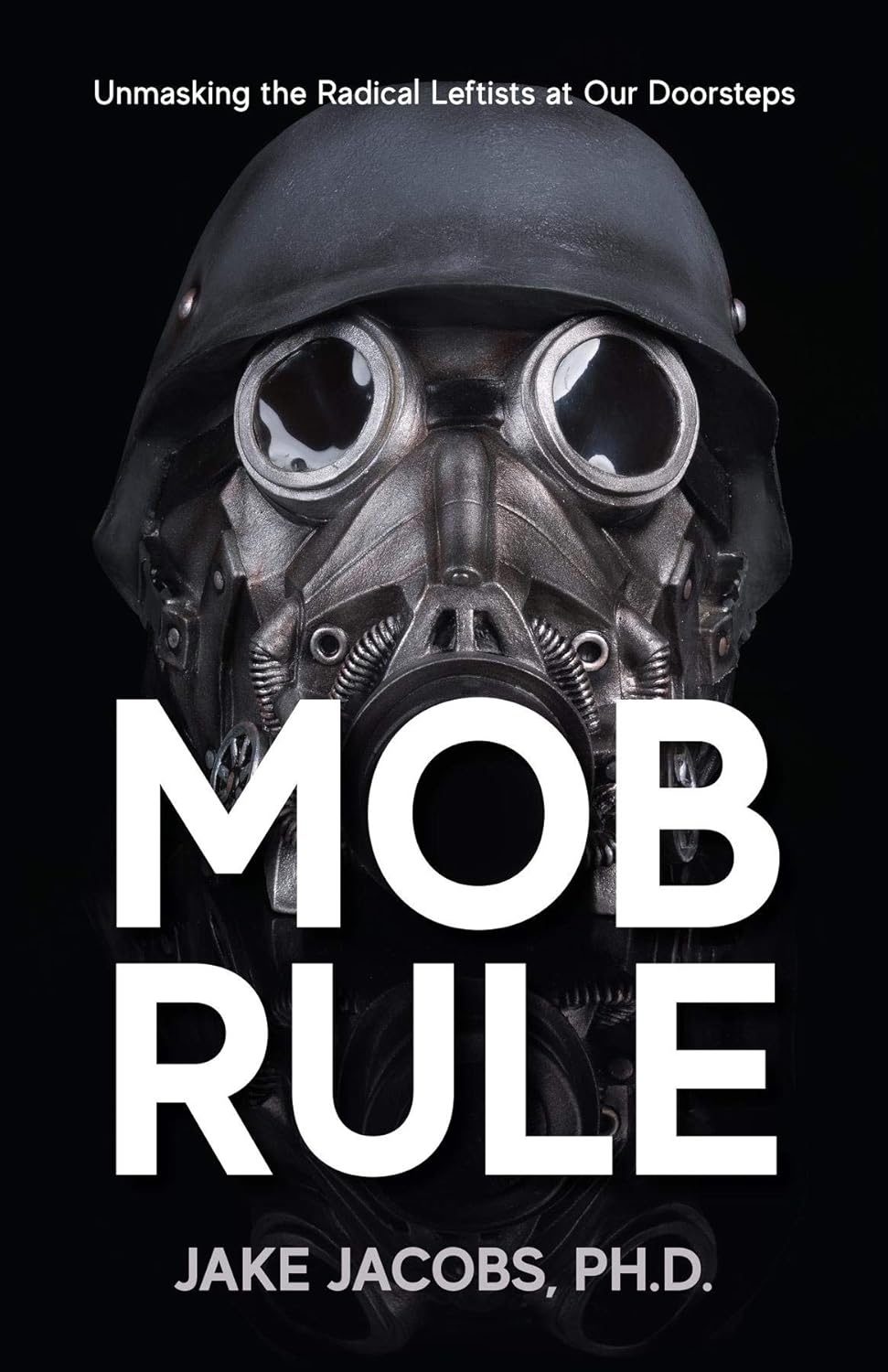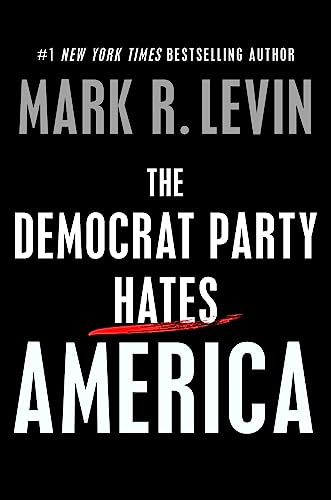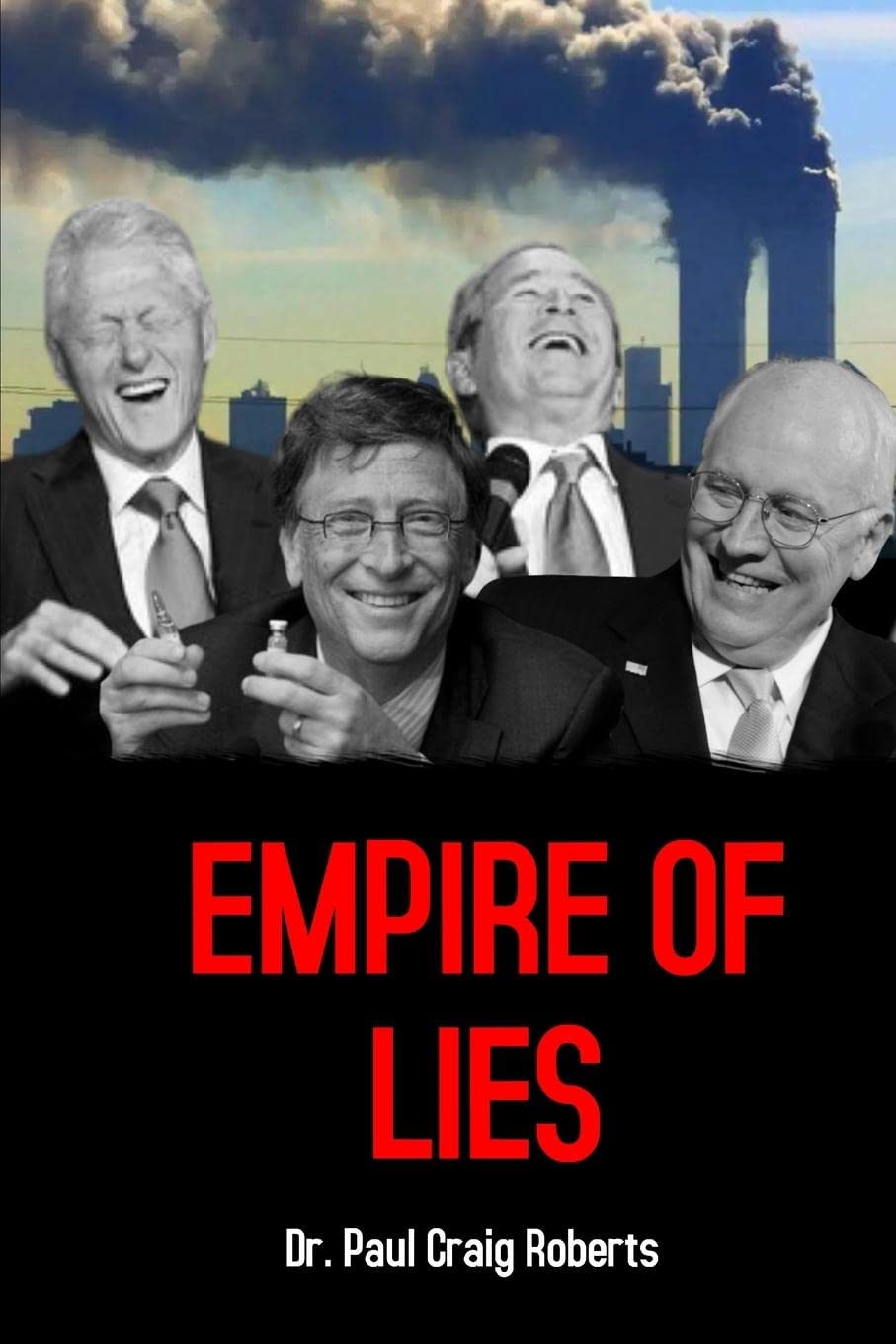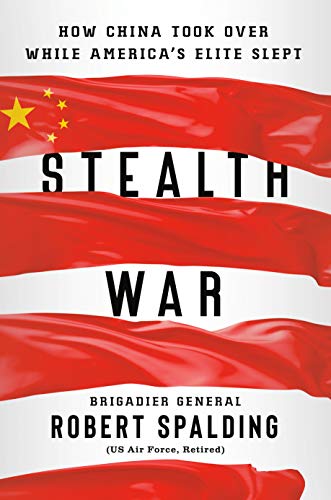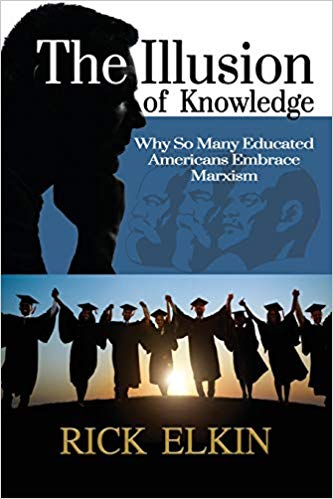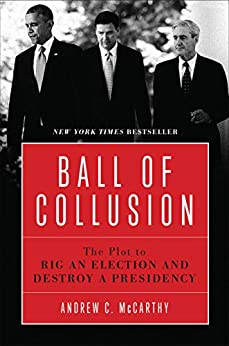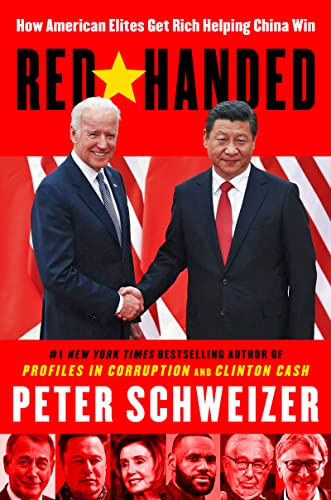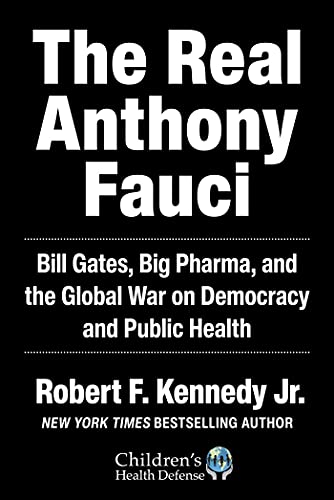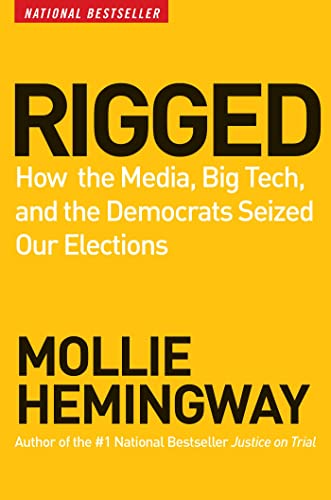|
(This is a compilation of online reports by others). There's a good chance you have never heard of BlackRock. Perhaps that is because BlackRock owns 30% of CNN and large parts of many media organizations, and prefers to operate under the radar of publicity. The reality is that in less than 30 years, this American financial firm has grown from nothing to becoming the world's largest manager of other people's money. BlackRock makes most of its money handling investments for outside clients, mostly institutions like public pension plans, endowments, and foundations. Nearly 60% of its overall assets under management are for institutional investors, most of which are products linked to stock markets. BlackRock has the largest clientele as compared to any other investment company in the world and has a stake in popular companies such as Apple Inc. (NASDAQ:AAPL), Microsoft Corporation (NASDAQ:MSFT), and Amazon.com, Inc. (NASDAQ:AMZN) as of Q1 2022. People are slowly catching on to the fact that the world is controlled by perhaps 12 families, with the likes of the Rockefellers, Rothschilds, et al, often touted as having dominion over huge, covert empires whose true wealth and influence is expertly shielded from prying eyes. So who actually owns the world? As always when it comes to such overarching questions, we need to follow the money. That involves looking at inventory, specifically at the world’s largest banks to establish who the shareholders are and thus who really calls the shots: The Official Institutions Group (OIG) partners with central banks, sovereign wealth funds, finance ministries, future generation funds and multilateral organizations, offering the gamut of customized solutions and global investment management, risk management and advisory services. As of January 2021, the Official Institutions Group has $579bn in assets under management (AUM) on behalf of 109 clients globally. This includes 45 Central Banks. The American economy is lumbering under monopoly and oligopoly. In many industries, from airlines to internet advertising to health care to banks to mobile phone providers, Americans can do business with just a handful of companies. As the journalist David Dayen has argued, this increasing market concentration reduces consumer choice, raises prices and most likely harms workers. Einer Elhauge, of Harvard Law School, has written that concentrated ownership “poses the greatest anti competitive threat of our time, mainly because it is the one anti competitive problem we are doing nothing about.” After introducing mutual funds into China, BlackRock told its clients to invest in the country, pushing billions of dollars into the world's second-largest economy. It is the first foreign-owned, asset management company based outside of China that has received approval from Chinese President Xi Jinping to start a mutual fund business in the country. While a good relationship with China may be lucrative for the company, Consumers' Research says BlackRock has "turned a blind eye to the CCP’s malign behavior and worse, sending American pensions to China to support it…BlackRock has shown that its relationship with the CCP is more important than America’s national security interests." While it is illegal for U.S. investors to own direct shares of Chinese firms, "investors in BlackRock’s funds own shares of shell companies set up in places like the Cayman Islands that have profit sharing agreements with Chinese companies," the Consumer Warning reads. BlackRock Inc., the largest money management corporation not only in America but the world, has emerged as a big promoter of social and environmental investing and of sending billions of U.S. dollars to China. BlackRock Fund Advisors owns 2.66 million shares of Google, 6% of Amazon, 7% of Starbucks, 4.5% of MicroSoft , 6.9% of Goldman Sachs and 6.5% of Apple. The top shareholders of Disney are Robert A. Iger, Christine M. McCarthy, Alan N. Braverman, Vanguard Group Inc., and BlackRock Inc. As of March 2022, BlackRock was the world's largest mutual fund company, with around 10.01 trillion U.S. dollars of assets under management (AUM). Rounding out the top three were Vanguard with 8.1 trillion U.S. dollars of AUM, and Charles Schwab with 7.98 trillion U.S. dollars of AUM. The Vanguard Group, Inc. is currently the largest shareholder in BlackRock, with 8.1% of shares outstanding. For context, the second largest shareholder holds about 7.7% of the shares outstanding, followed by an ownership of 5.3% by the third-largest shareholder. Clearly, when you look at who owns the world, it is a convoluted trail of management fiduciaries who cross breed and have no qualms about flouting regional or national rules and regulations, or exploiting seams in employee protections or environmental protections, while simultaneously "virtue signaling" marginal efforts to "invest" in ESG oriented businesses. John Lennon was more than a Beatle. Hard to believe because being a Beatle was rarified air. But Lennon not only fronted the band, he was the driving force. Granted, as a songwriting team, he and Paul McCartney were perhaps the greatest of all time, but it was John that pushed Paul. It was John that envisioned their success and kept reaching for the stars. He stood up to the media and the psychotic Fab Four fans, sometimes becoming a lighting rod. He fused the enormous skills of all of the guys, creating a laboratory that welded the individual talents into a towering creative presence never before shared across every continent on Earth. I was reminded of the impact John Lennon had on music when I realized March 20th was the anniversary of his marriage to Yoko Ono. The primary force that destroyed the Beatles band, and ended the most successful musical alliance in history. John had an unbelievable instinct for art, but once he abandoned his singularity, and creative sovereignty, his work devolved. Beyond the Beatles, John was a multimedia artist. He had a knack for capturing snapshots of social and personal anxieties. He not only wrote music and songs, he drew amazing sketches, assembled layered collages and sculptures. His sharp eye and humorous attitudes created imagery that had a huge impact on the Beatle movies and how they integrated music, art and film. John was a welder. But isn't that what icons do? You could make the argument that John Lennon was a pioneer of MTV. He also understood media events, sound bites, happenings, street art, pop up art and so much more. The man was way ahead of his time. So much so that he had a difficult time handling all of it. Like many artists he was a tortured soul. He knew it too, so he spent most of his life searching for answers. He tried music, which thankfully he never really gave up. But he also tried psychotherapy, Buddhism, Hinduism, and Transcendental Meditation. Lennon never really had any formal musical training, he just willed himself to play the guitar, then later the piano. Most of the time he played with his instruments more than actually playing them. He fused the melodies he heard in his head with the sounds he wrestled from his instruments, then blended the contributions of his bandmates by applying intense heat and pressure. As a fan I followed him down a lot of rabbit holes. Sometimes I wondered what the hell was he thinking? Other times I was just stunned at how inspirational his ability was to get pure emotion out of his simple poems and melodies. His anthem to humanity, Imagine, is a perfect example of "turning a phrase". When you first hear it you have to ask yourself, why didn't anyone imagine that song before? John Lennon walked among the great artists of all time. He was no less magical than de Vinci, Picasso, Warhol, and Dali. I loved his music, his lyrics, his drawings and his photography. I watched all of his films and always wondered just what would he do next? But I didn't really 'appreciate' the enormity of his talent until he was gone. I am not alone in believing The Beatles changed the world, and I knew Lennon was a genius. All of the guys were, in their own right, masters at their craft. But the welder, the man who fused them all together, was much more than just a great musician. On December 8th 1980, the world lost one of its most influential artistic welders. Only a small percentage of people on Earth play golf. Probably because it is a really hard game to master. It requires a lot of disposable time and money, and because it is painfully revealing. It exposes physical and mental weaknesses and personality quirks. Things we don't always want to know about ourselves. I think it is the most interesting game ever invented. I understand why many people think I am nuts, but they overlook the psychological challenges and benefits the game brings to bear. As a young man, my dad advised me to focus on three activities I could do for the rest of my life: Make music, play golf and ski. His reasoning? None of them required other participants and weren't entirely dependent on your physical condition. As a skiing family, I am grateful for the lifelong bonds we formed. As a young father I used to tell my kids that there were three things in life I hoped they would embrace: Join a team, learn a foreign language, or learn to play a musical instrument. Any one of those skills would be great to master, but even one of them would accomplish a lot. Why? Each one requires a different but powerful set of skills. Conquering any one or all of them offers a major advantage in all aspects of life. At the top of the list, but also the most accessible and simple of those is joining a team. Any team will do. It could be a sports team, or a Bible study team. It could be a sales team or a collaboration with other students on a school project. The point is to learn to subjugate your own needs and goals to that of a group. To learn to function as a part of something bigger than yourself, and to appreciate the contributions of other people who contribute different skills to the total. In life you will always be better served when you realize you are not the center of the universe. “Behind every great leader, at the base of every great tale of success, you will find an indispensable circle of trusted advisors, mentors, and colleagues.” – Unknown Next, learn a foreign language. This is an extension of the teamwork theme. In order to better understand how people different from yourself can not only help you in life, you have to learn how to understand them. They don't all communicate the same way. They don't all learn the same way. Finding ways to reach them, and for them to reach you, has to be a good thing. It will also reveal some of the shortcomings of our own language and why it is so necessary to listen well. As Coach Vince Lombardi used to say, "Winning isn't everything, it is the only thing". The same can be said about the ability to communicate well. "Communicating isn't everything, it is the only thing". Lacking communication skills makes confronting life's challenges nearly impossible and isolates you from those that can help. Learning to speak a different language simply enhances your mastery of English and all of the nuances of connectivity. “The difference between the right word and the almost right word is the difference between lightning and a lightning bug.” ~ Mark Twain And finally, learn to play a musical instrument. Why? Music is essentially a physical manifestation of math. It is an expression of complex patterns and schemes that mirror economics and business. I am no expert because I didn't take my own advice. As a teen I took guitar and piano lessons. I failed miserably at both. I can't walk and chew gum. I had no control of my fingers, and couldn't differentiate my right hand from my left hand. In college I took an Understanding Modern Jazz class. The instructor approached me one day, and whispered in my ear, "I would recommend you transfer to Modern Art." As for golf? It taught me humility. A skill that is not on the list, but should be. It is underrated and in short supply, but will serve me well for the rest of my frustrated life. |
Archives
July 2024
|
 RSS Feed
RSS Feed


